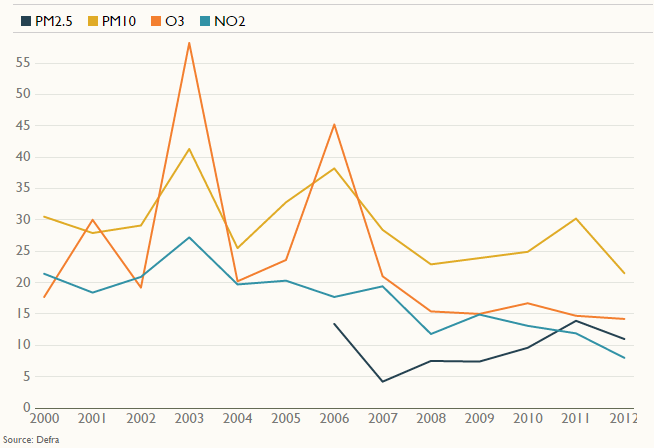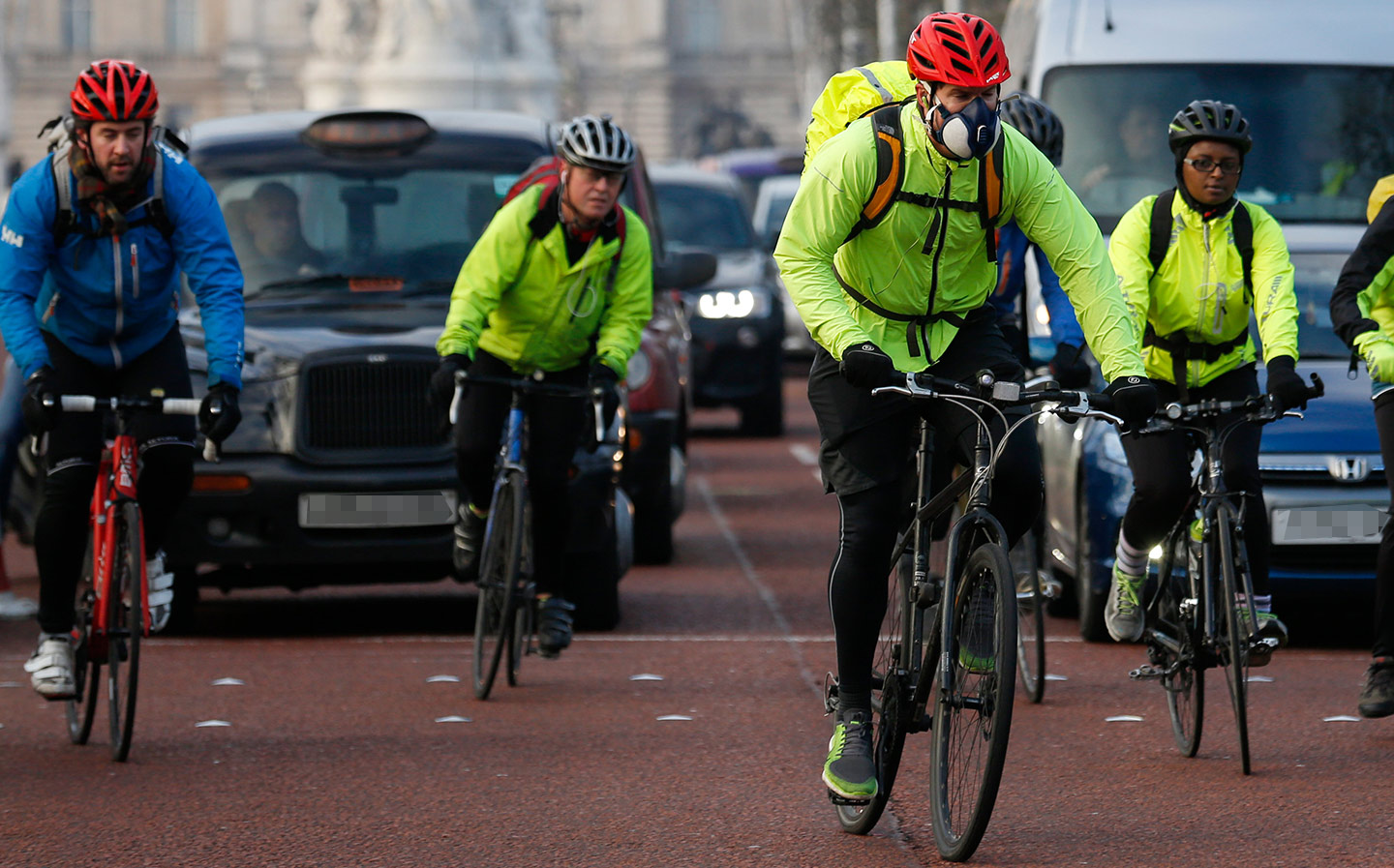Get diesel vehicles off the road, urge doctors
Letter demands removal of diesel vehicles from the road as soon as possible
HUNDREDS of doctors and health experts have urged the government to remove diesel vehicles from the road as soon as possible because they are causing a “health emergency”.
The pollution caused by the vehicles could cause “irreversible lung damage” to children, they wrote in a letter to the prime minister.
Nearly 300 doctors, nurses and other health professionals signed the letter, organised by the campaign group Doctors Against Diesel. It demands “government action to remove the current fleet of diesel vehicles from the road as soon as possible, with a particular focus on towns and cities”.
Browse NEW or USED cars for sale on driving.co.uk
It notes that the government’s own chief medical officer has said that diesel vehicles should be phased out, and highlights evidence of the harm done by emissions, including studies showing exposure to pollution from fossil fuels can stunt children’s lung growth.
They said: “A national diesel reduction initiative, led by government, would represent a major public health advance.”
While most local authorities have a statutory duty to take action on illegal levels of air pollution in at least one area, they wrote, councils have not been given powers to ban diesel vehicles, “the single biggest source of pollution”.
“It is time for diesel to be recognised as the health emergency that it is”
Air pollution causes 40,000 premature deaths a year in Britain, a Royal College of Physicians report said. Sadiq Khan, the mayor of London, will bring in a £10-a-day “toxicity charge” on pre-2005 diesel cars in the centre this year.
The doctors added: “Although London is especially affected by diesel emissions, we need national action against diesel vehicles.”
However, a large reduction in the percentage of cars that are diesel within Greater London is needed if the area is to become compliant with legal limits on nitrogen dioxide in air, they added.

European air pollution: percentage of urban population exposed to levels of pollution above limits
Jonathan Grigg, professor of paediatric respiratory and environmental medicine at Queen Mary University of London, and founding member of Doctors Against Diesel, said:
“There is overwhelming evidence that locally generated sooty particulate matter and nitrogen dioxide is harming children’s health. In London we know that diesel engines are a major and unnecessary cause of air pollution along our roads. Cutting diesel emissions would therefore have an immediate impact on children’s personal exposure, and improve their long-term health.
“In children, combining lower pollution exposure with active travel would be a major public health advance — and must be done as soon as possible.”
John Middleton, president of the Faculty of Public Health, said: “NOx [nitrogen oxides including nitrogen dioxide] emissions breached legal limits in London in the first week of January, and recent figures show that sales of diesel cars have reached an all-time high.
“Diesel is the primary source of nitrogen dioxide in urban areas and is linked to health effects that begin before birth and extend throughout the life course, from childhood lung development and asthma, to increased risk of heart disease, stroke, lung cancer and dementia. It is time for diesel to be recognised as the health emergency that it is.”
Browse NEW or USED cars for sale on driving.co.uk
The letter is signed by professors of paediatrics and public health from universities including the London School of Hygiene & Tropical Medicine, King’s College London, Queen Mary and the Faculty of Public Health.
Many frontline doctors support it too. Isobel Braithwaite, a junior doctor at the children’s unit at the North Middlesex University Hospital in London, said: “Although I haven’t been working for a long time, I’ve seen a lot of patients, including children, come to A&E with asthma attacks, which are much more likely when pollution levels are higher.”
Rajive Mitra, a GP in Lambeth, said: “I’d like to see local and national authorities phase out diesel cars and promote electric cars, but also help people to get out of cars and be able to cycle and walk more.”
Kat Lay, Health Correspondent
This article first appeared in The Times





